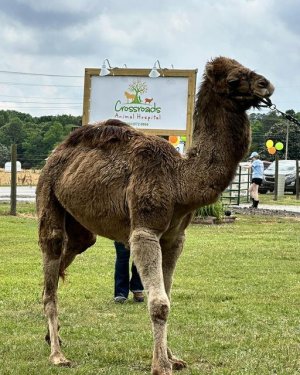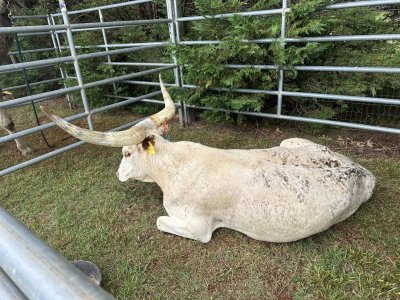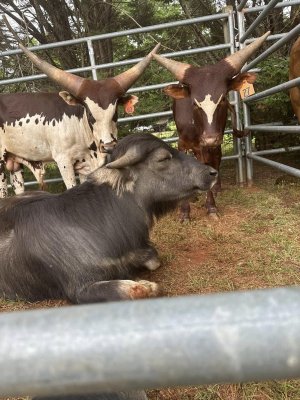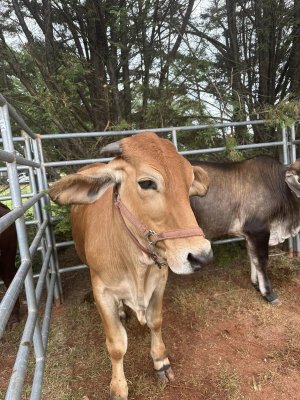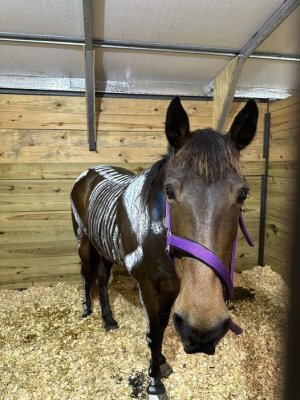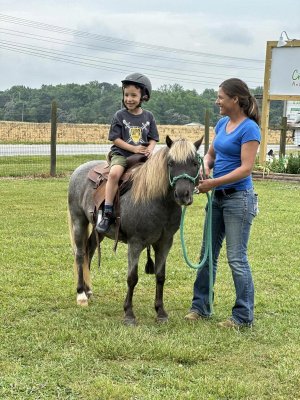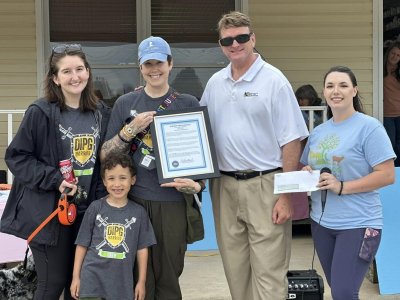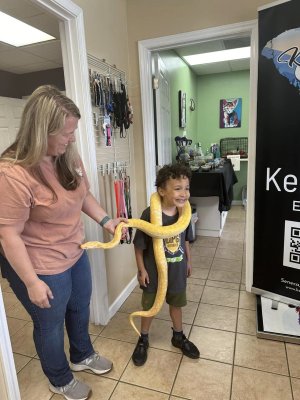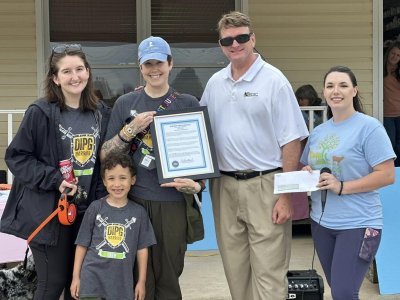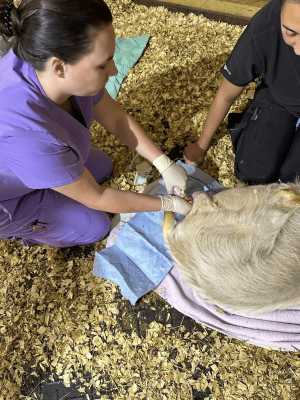Wish i had know it. That's 15 miles from me. I sure would have let her get some experience here.
Could have gotten her set up in her own practice if she wanted. We need a good large animal vet. Its odd that with a vet school in our county we need a vet.
Kenny,
Many of these new vet schools that are popping up around the country - including LMU - are utilizing a 'distributive' model. Cheaper for them, because they don't have to build, equip, staff, and maintain a conventional veterinary teaching hospital. They 'farm-out' the students to various private and corporate veterinary practices to get their clinical experience. Some students get great experience at some sites, others get very little. I'm not convinced it's the best educational experience to prepare a vet student to hit the ground running.
But... since they have no teaching hospital, and I suspect, no 'ambulatory' clinical service, the presence of that veterinary school in your area does nothing to ensure that producers have access to a competent veterinary practitioner.
All AVMA-accredited veterinary schools have to teach a 'balanced' curriculum, covering all species. Some programs allow students to 'concentrate' slightly on specific fields of interest during 'elective' blocks, but all have to learn dog/cat, cattle/small ruminant, equine, etc.
There is really no 'specializing' while in vet school... new grads need to know at least a little about everything. One might graduate thinking, "I'm only going to work on cows. Or horses." But then injuries or other things happen, and they need to switch gears and go to small animal practice or government jobs, etc. For example: One of my Dairy professors developed a serious allergy to bovine saliva, bovine serum proteins, etc.; he could no longer work on cattle, so he switched over to poultry medicine.
Personally, i'm so decrepit that I could not do the physical part of food animal practice today, and I've have been broken down far sooner if I'd not left practice 5 years in to pursue a diagnostic pathology career that lasted 30 years. Those dead cows don't kick or run you over!
I'll echo Simme's comment that new graduates often come out with little surgical experience. I never spayed a dog until I was out on my clinical preceptorship, the last quarter of my vet school career. The only hands-on surgical experience I got in school was whatever we did during once-a-week student surgery labs during our third year. Some schools are doing better, these days - I've heard that MS State has a program working with local animal shelters, and numbers are sufficient that students are required to have spayed/neutered at least 10 animals during their clinical year in order to graduate. But... I have a close colleague who's mentored LMU students in his practice, and many of them have related that at some clinical sites, they are not even allowed to touch client animals... only allowed to 'watch'.
